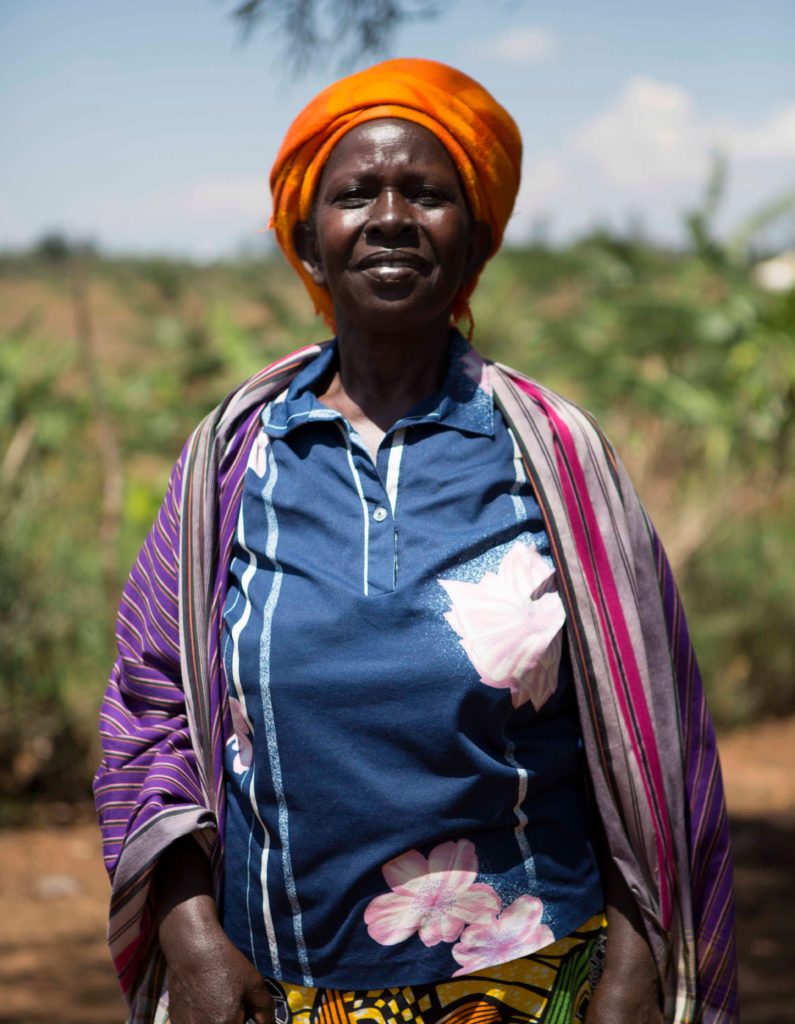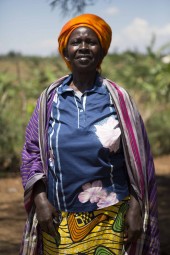
A group of seven organisations, including Survivors Fund (SURF), representing and supporting survivors of the genocide against the Tutsi in Rwanda, has called for increased support to the tens of thousands of vulnerable genocide survivors in Rwanda.
The call has been made simultaneously with the launch of a new “Task Force to Remember Survivors 20”, a coalition of survivor-led NGOs in Rwanda, including IBUKA, AVEGA, AERG, GAERG, Kanyarwanda, Barakabaho Foundation and Survivors Fund (SURF).
The Task Force has been formed to coordinate the commemoration activities of the representative organisations, and to enable them to more effectively work together to engage the international community in the lead up to, and through the course of the twentieth anniversary of the genocide against the Tutsi.
“We are coming together as survivor’s organisations to raise awareness of the incredible challenges that remain for survivors today. Twenty years after the genocide, for tens of thousands of genocide survivors in Rwanda its consequences still very much endure”, stated Jean Pierre Dusingizemungu, President of IBUKA, the national umbrella of survivor’s organisations.

The “Task Force to Remember Survivors 20” outlined the ongoing needs of the tens of thousands of survivors still living in desperate conditions, as a direct result of the 1994 genocide. The effects of the genocide are pervasive and include extreme poverty, terminal illness, disability, homelessness, unemployment and trauma. For survivors that have no family, are now elderly, and without reparation, these effects are compounded.
“It is vital that survivors be remembered at this special time. We are part of the living memory of the genocide and an integral part of the future of Rwanda and its reconstruction”, commented Alphonsine Kabagabo, Vice Chair of Survivors Fund and a survivor herself. Together, the Task Force will work to ensure that the voice of survivors is incorporated within the national agenda for remembrance. It will also serve to call upon the international and Rwandan community to remember survivors of the genocide against the Tutsi, through delivering clear commitments to address their critical needs in Rwanda.
